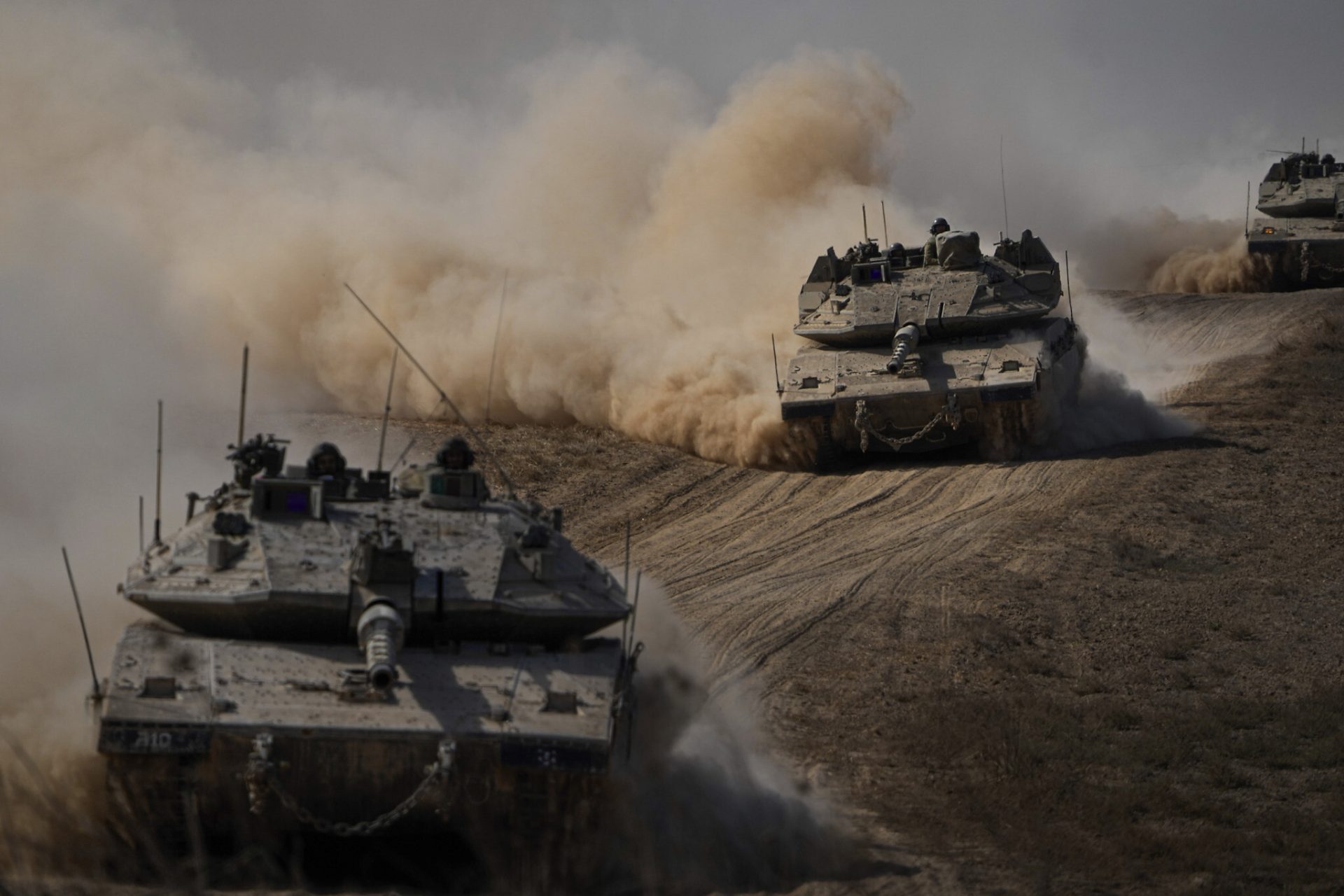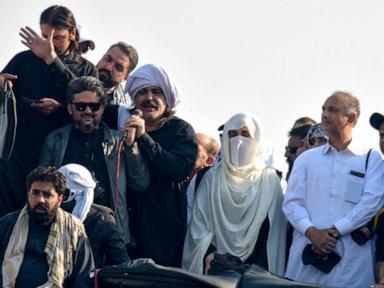ARTICLE AD BOX
ISRAEL has declared Spain, Ireland and Norway “pawns of Hamas” after they agreed to recognise a Palestinian state.
The embattled country accused the three nations of “rewarding” the terror group for their October 7 attack that sparked seven months of brutal war.
 Getty
Getty X/israelmfa
X/israelmfa X/israelmfa
X/israelmfaBut Israel has reacted furiously, summoning the three countries’ ambassadors for “reprimand talks” to watch grisly footage of the attacks.
In a statement posted on X, Israel’s foreign ministry said: “Recognizing a Palestinian state will lead to more terrorism, instability in the region and jeopardize any prospects for peace.
“Don’t be a pawn in the hands of Hamas.”
Israeli foreign minister Israel Katz added: “History will remember that Spain, Norway and Ireland decided to award a gold medal to the Hamas murderers and rapists.”
However, the major move is seen by Spain, Ireland and Norway as necessary to securing a two-state solution that will help secure peace for both Palestinian and Israeli people.
The formal recognition will be made on May 28.
It comes after mounting international pressure for Israel to abandon its plans to launch a full-scale invasion of the southern Gaza city of Rafah.
More than 30,000 Palestinians have been killed and 80,000 wounded, according to Hamas-run health officials in Gaza.
Israel’s Prime Minister Benjamin Netanuahu and Hamas warlord Yahya Sinwar are both facing facing arrest on war crime charges proposed earlier this week.
Hamas in a statement hailed the move as “an important step towards affirming our right to our land”, stating the move will mark “a turning point in the international position on the Palestinian issue”.
Palestinian leaders have welcomed the decision with the Palestinian Liberation Organisation (PLO) calling it a “historic decision”.
Norway was the first to announce its decision.
Prime Minister Jonas Gahr Stoere said the world must “keep alive” the two-state solution, calling it the only solution to the ongoing fighting.
“In the middle of a war, with tens of thousands of dead and injured, we must keep alive the only thing that can provide a safe home for both Israelis and Palestinians: two states that can live in peace with each other,” he said.
 AP
AP AFP
AFP Rex
RexIrish Prime Minister Simon Harris said he was “confident” other countries would follow their lead.
He called it a “historic and important day” for Ireland and for Palestine.
Spanish Prime Minister Pedro Sanchez called it a move towards peace as he received a standing ovation in parliament.
“We are going to recognise Palestine for many reasons and we can sum that up in three words – peace, justice and consistency,” he said.
“We have to make sure that the two-state solution is respected and there must be mutual guarantees of security.
“It is essential that the two sides negotiate for peace and it is for this reason that we recognise Palestine.”
“This recognition is not against anyone, it is not against the Israeli people,” Sanchez added, while acknowledging that it will most likely cause diplomatic tensions with Israel.
What is the two-state solution?
Advocates of the two-state solution have envisaged a Palestine in the Gaza Strip and West Bank linked by a corridor through Israel.
But the obstacles have grown with time.
In 1988, the Palestinian Liberation Organisation (PLO) first declared the establishment of the State of Palestine.
It did not define its borders, but declared Jerusalem – Israel’s proclaimed capital – their capital.
Conflict and violence ensued for decades as Jewish settlements expanded overtime.
Palestinians remain stateless, with most living under Israeli occupation or as refugees in neighbouring states.
The two-state solution was the bedrock of the US-backed peace process ushered in by the 1993 Oslo Accords, signed by Yasser Arafat of the Palestine Liberation Organization (PLO) and Israeli Prime Minister Yitzhak Rabin.
The accords led the PLO to recognise Israel’s right to exist and renounce violence and to the creation of the Palestinian Authority (PA).
Today, Palestinians have limited self-governance through the Palestinian Authority (PA) in parts of the West bank.
The PA lost control of the Gaza Strip to Hamas in 2007.
Wednesday’s announcements come more than 30 years after the first Oslo agreement was signed in 1993.
The UN considers both Gaza and the West Bank as occupied by Israel and consisting of a single political entity.
Palestine also wants East Jerusalem as part of the future state.
UN Secretary General Antonio Guterres in January declared that the two-state solution remained the only way to address the aspirations of Israelis and Palestinians.
He criticised “clear and repeated rejection of the two-state solution at the highest levels of the Israeli government”.
“This refusal, and the denial of the right to statehood to the Palestinian people, would indefinitely prolong a conflict that has become a major threat to global peace and security.”
At least 140 countries have already recognised a Palestinian state – including more than two-thirds of UN members – but none of the major Western powers had done so until now.
This move could put more pressure continental heavyweights France and Germany to reconsider their position.
The UK and US, among others, have backed the idea of an independent Palestinian state existing alongside Israel as a solution to the Middle East’s most intractable conflict.
They insist, however, that Palestinian independence should come as part of a negotiated settlement.
The head of the Arab League, a union of 22 Arab states, called the step taken by the three European nations a courageous step.
Secretary-General Ahmed Aboul-Gheit said: “I salute and thank the three countries for this step that puts them on the right side of history in this conflict.”
.png)
 6 months ago
3
6 months ago
3








 English (US)
English (US)